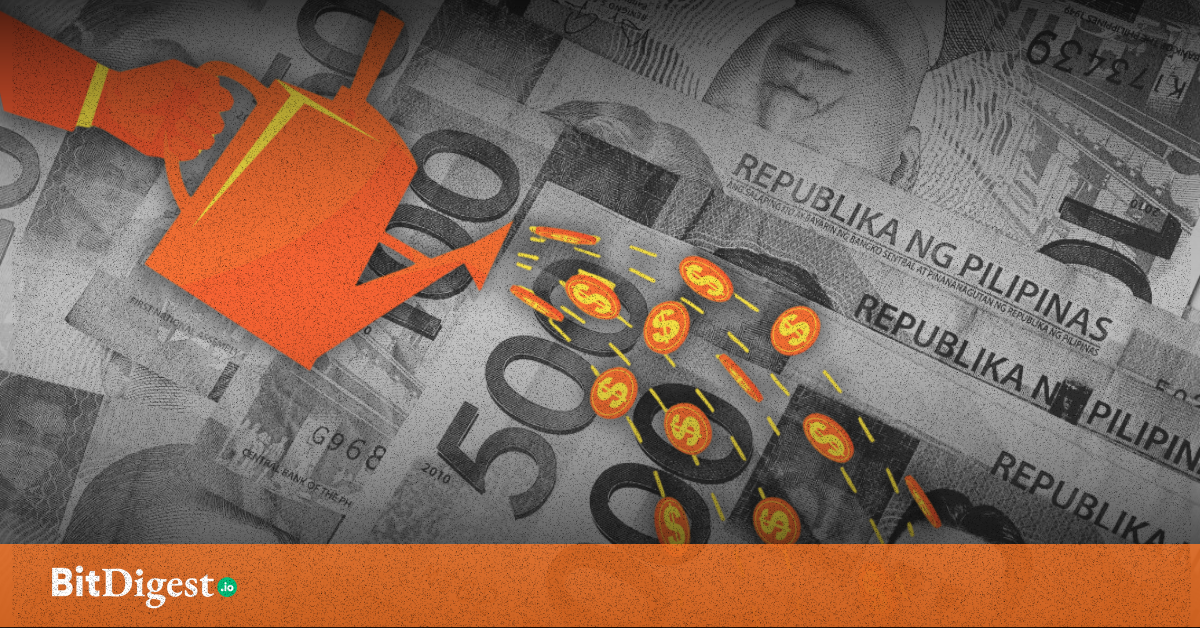Binance CEO Richard Teng Denies Freezing Palestinian Accounts Amid Controversy
Recently, the world’s largest cryptocurrency exchange Binance, found itself at the center of a storm of allegations. Claims have been circulating online that the exchange had frozen all accounts belonging to Palestinian users.
These accusations suggested that Binance had acted under direct orders from the Israeli government. However, Binance CEO Richard Teng has publicly refuted these claims, branding them as "FUD" (Fear, Uncertainty, and Doubt) and clarifying the exchange’s position.
The Allegations
The controversy began on X (Twitter) where Binance was accused of freezing all Palestinian accounts. According to allegations, this action was taken at the behest of the Israeli Defense Forces (IDF) and was linked to accusations that the funds were connected to terrorist activities in Gaza. This issue not only fueled fears among Palestinian users but also raised concerns about the potential for government intervention in the operations of centralized exchanges like Binance.
These claims led to a flurry of reactions within the crypto community, with many users questioning the safety of their assets on Binance and other centralized platforms. Some even speculated that similar actions could be taken against users from other regions experiencing conflict, such as Lebanon and Syria, if geopolitical pressures intensified.
Binance's Response
In response to the allegations, Richard Teng quickly took to social media to firmly deny the allegations. He clarified that only a limited number of accounts were frozen, and these were specifically linked to illicit activities, such as money laundering. Teng emphasized that Binance, as a global exchange, strictly adheres to internationally recognized anti-money laundering (AML) regulations, which require the exchange to take action against accounts involved in illegal activities.

Teng's denial was further supported by Binance's Co-Founder and Chief Customer Service Officer, Yi He, who reassured users that Palestinian accounts not associated with illegal activities were fully operational, with no restrictions on withdrawals. She also reiterated that the actions taken were in compliance with AML laws and were not targeted at Palestinian users as a group.
Other takes
Simon Dixon of BnkToTheFuture pointed out how Binance had been appointed a compliance team straight from the U.S. following their recent court settlement. With Israel and the U.S. being close allies and the Israel lobby having “significant control over U.S. politicians”, Dixon saw a conflict of interest. He also noted that it was unfair how Israel leaders, labelled as terrorists for war crimes and genocide, were not being treated the same way as Hamas by Binance. Dixon saw it as “political selective compliance” and boldly claimed that if “if this freezing of assets extends to all Palestinian accounts, I view it as part of the broader genocide”.
On the other hand, Adrian Zduńczyk CMT, also known as Crypto Birb, warned the public that there was currently a targeted misinformation attack against Binance. According to his shared screenshot, competitors were offering $20k for spreading Binance FUD.
The Bigger Picture
These allegations against Binance have sparked an important debate about the responsibilities of centralized exchanges in a highly regulated global environment. Should they aim to be as compliant as possible and risk censoring the oppressed or should they try to break free from regulation and end up enabling bad actors? Binance will definitely have to choose as crypto becomes more mainstream and more regulators start to pay attention to them.
Regardless of one’s stance in this issue, it always pays well to be careful. While centralized exchanges like Binance offer more convenience, holding one’s crypto there means that it can be taken away at any moment. Another option to consider is to keep one’s crypto in a hot wallet (e.g. TrustWallet, Metamask, and Phantom) or a cold wallet (e.g. Ledgerand Trezor). Not your keys, not your coins!
.svg)


.svg) SHARE TO FACEBOOK
SHARE TO FACEBOOK SHARE TO TWITTER/X
SHARE TO TWITTER/X SHARE TO LINKEDIN
SHARE TO LINKEDIN SEND TO MAIL
SEND TO MAIL




.svg)


.svg)